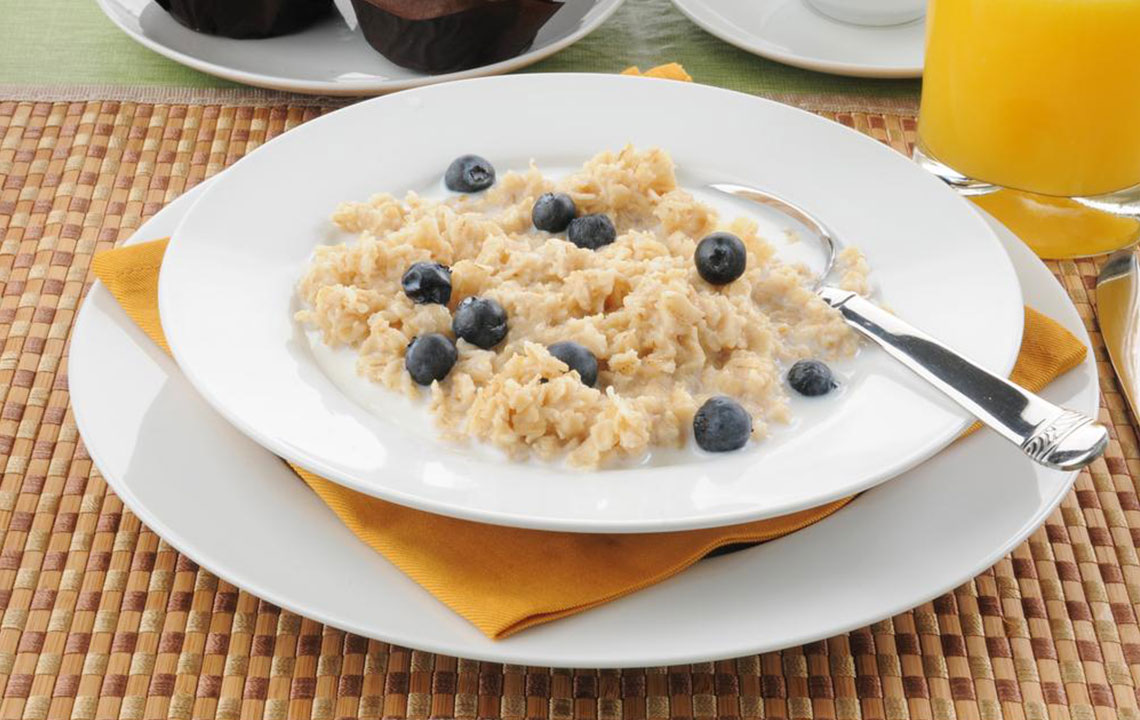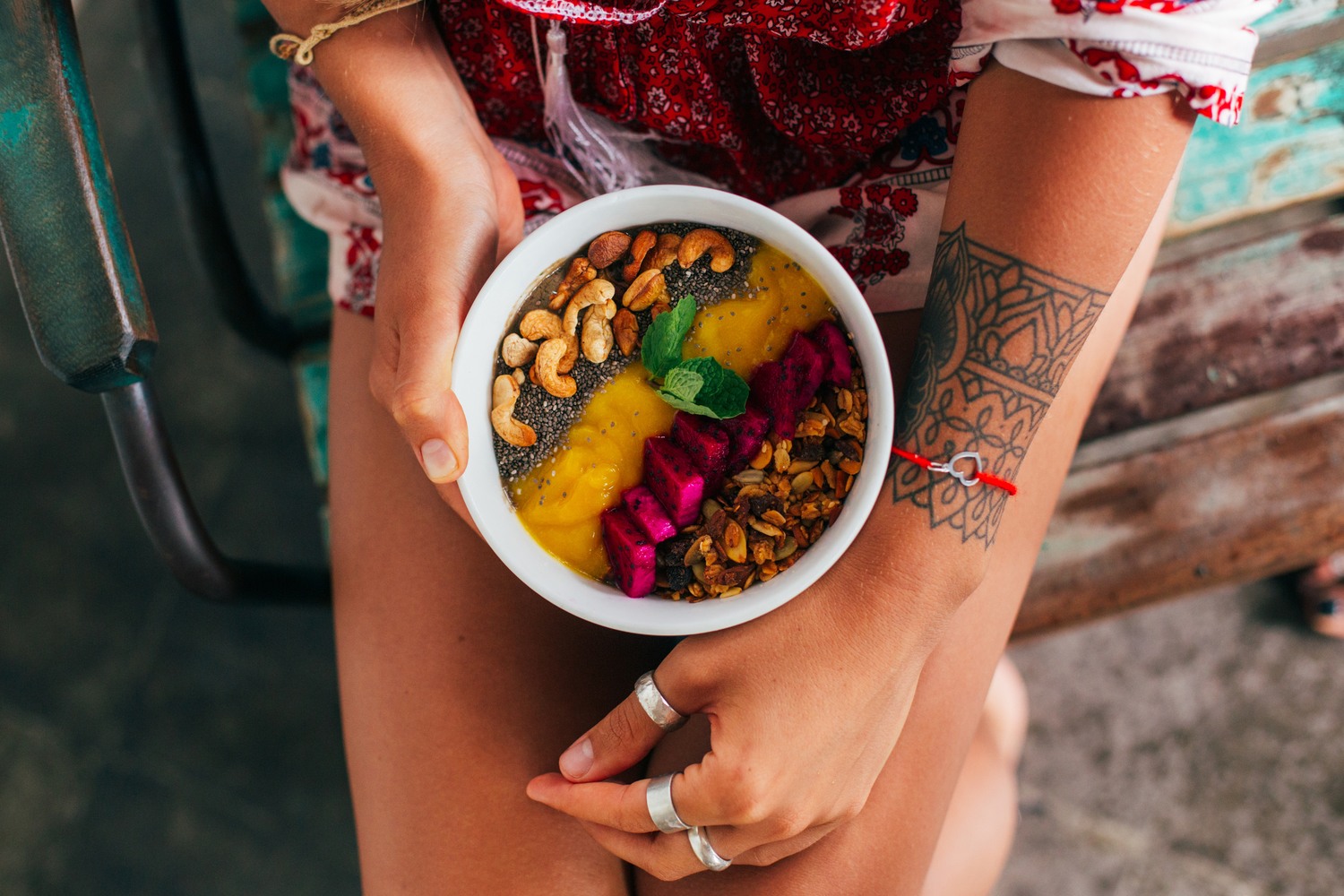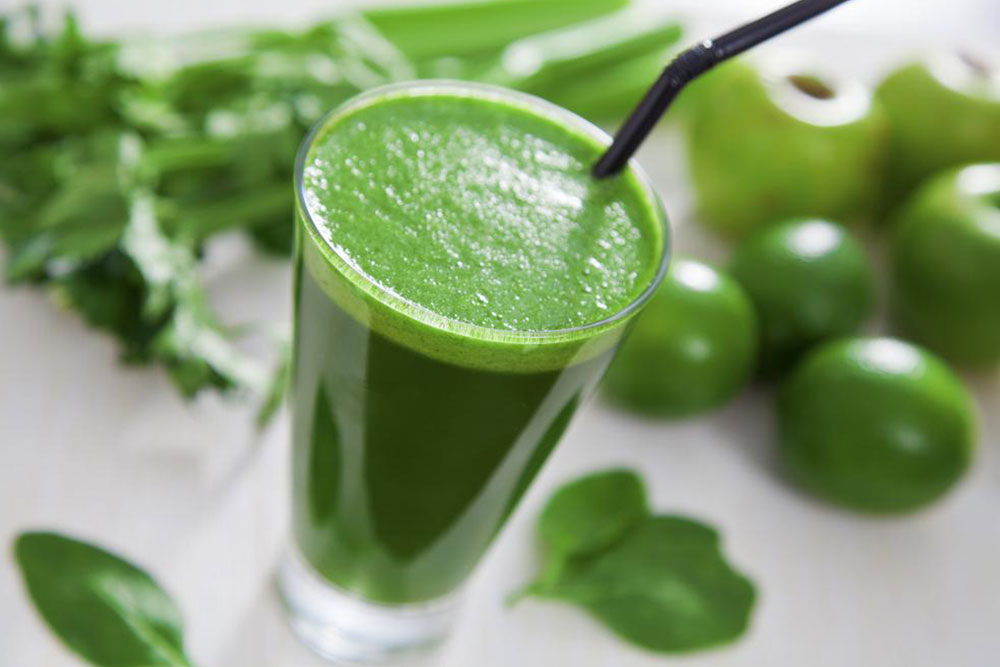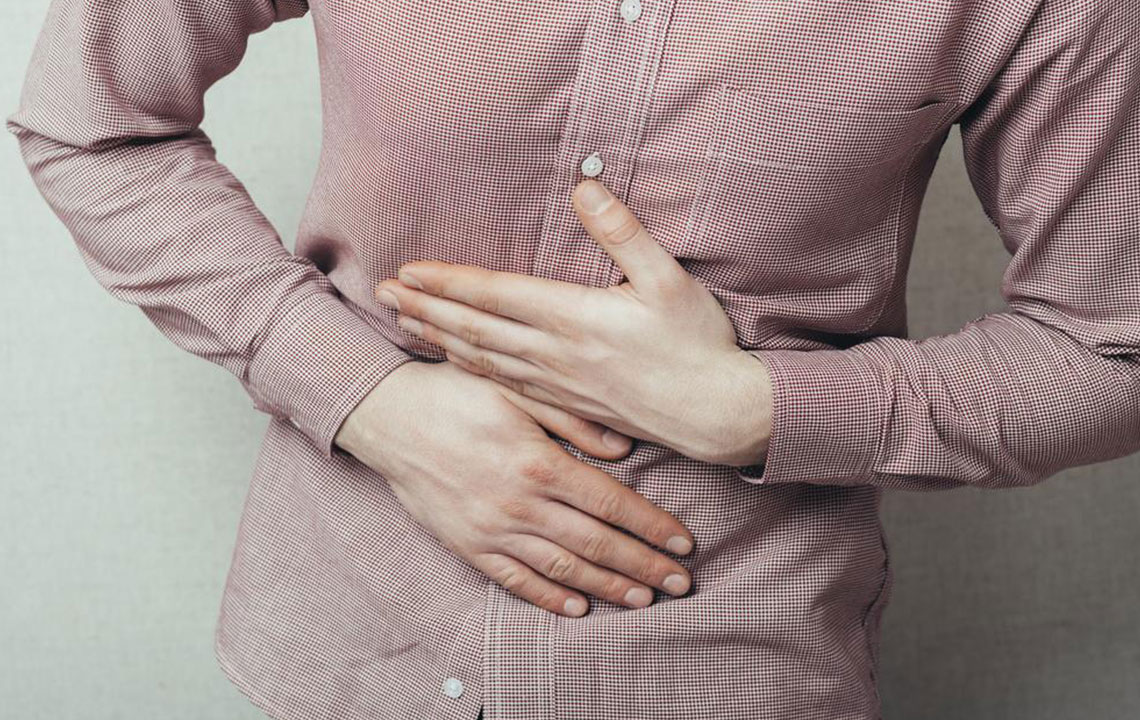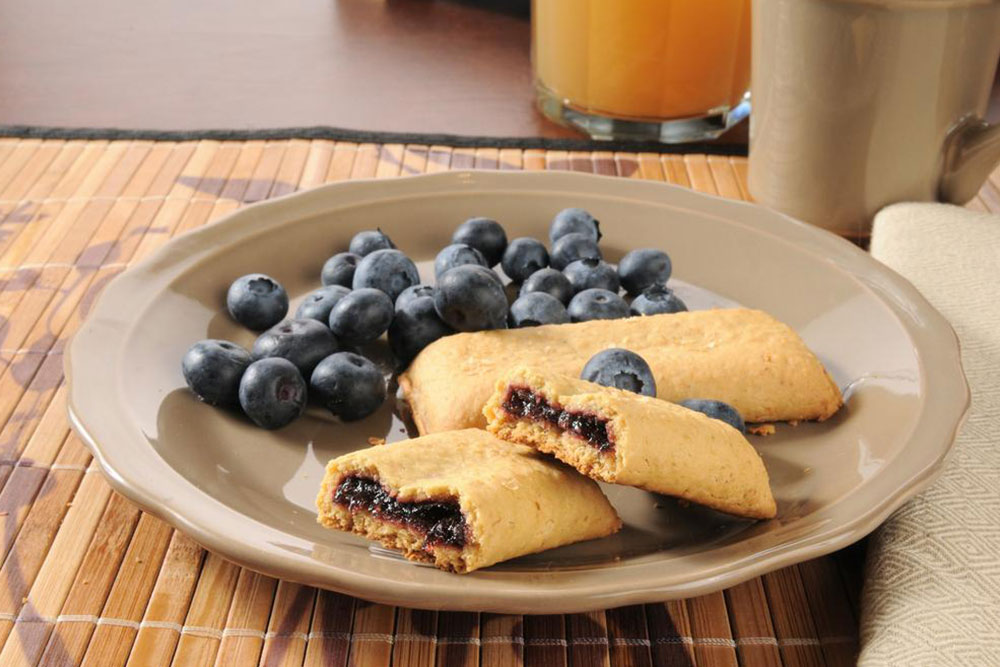Essential Diet Guidelines for Managing Diverticulitis
This comprehensive guide offers essential dietary tips for managing diverticulitis. It emphasizes the importance of balanced fiber intake, lists suitable foods, and highlights foods to avoid during recovery. Maintaining hydration, weight, and overall lifestyle are also discussed to promote intestinal health and prevent flare-ups. Always consult a healthcare professional for personalized recommendations to effectively manage this condition and support recovery.

Managing diverticulitis involves following a tailored diet to ease the digestive system. This condition causes inflammation of pouches in the colon, often requiring a period of rest for the stomach. An effective approach includes consuming gentle, low-fiber foods and clear liquids initially. If untreated, it can escalate, necessitating hospitalization. While more prevalent among seniors, it can occur at any age. Symptoms such as abdominal pain, nausea, bloating, diarrhea, and constipation should not be ignored. Striking the right fiber balance—between insufficient and excessive intake—is crucial for prevention and recovery.
Dietary fiber supports healthy digestion. Too little fiber can lead to constipation and increased colon pressure, causing inflammation. Conversely, too much fiber may result in frequent bowel movements, potentially triggering diverticulitis. The two main fiber types are soluble, which softens stool, and insoluble, which adds bulk. Incorporating a balanced mix of plant-based foods ensures adequate fiber intake, aiding in overall gut health.
Foods to include in a diverticulitis-friendly diet are:
Whole grains like oats, brown rice, and whole wheat pasta provide essential fiber.
Vegetables such as carrots, broccoli, and peas offer vital nutrients and fiber.
Fruits, including apples, berries, and papaya, are rich in water and fiber.
Legumes like lentils and beans support digestion with soluble fibers.
Healthy baked goods, preferably whole wheat, are tasty fiber sources.
Foods to avoid during recovery include nuts, popcorn, red meats, and high-fat foods, as they can aggravate symptoms or hinder healing. Maintaining good hydration, a healthy weight, and regular exercise can help prevent diverticulitis. Avoid smoking to protect digestive health. Always consult a healthcare provider for personalized guidance.
Note: This article provides general information on diverticulitis management. It is not a substitute for professional medical advice. Always seek advice from a healthcare professional before making dietary changes.

